10 Health Benefits of Matcha
Our favourite daily wellness hack? Grind Matcha. Our ceremonial-grade matcha is full of antioxidants, rich in L-theanine, naturally sweet and smooth, and it gives you a boost of energy that lasts for hours.
Matcha has been on the menu in Grind cafés and coffee shops for years, and its popularity is only growing—you'll see it everywhere now, in smoothies, ice creams, pastries and sweet treats, and even beauty products—as more and more people discover the wealth of health benefits hidden in this rich and flavourful powder.
Drinking matcha every day is a super easy way to get a vitamin hit, and if you're using the right matcha (like Grind's ceremonial-grade matcha), it's a really delicious wellness boost, too.
From increasing your attention span to helping you relax, this is our guide to the benefits of matcha green tea.
Is Matcha Healthy?
Short answer: yes. Long answer:
Although matcha comes from the same plant as green tea, the Camellia sinensis plant, it is grown differently and as a result has a unique nutrient profile.
Farmers shade the plants used for matcha for most of the growth period. The lack of direct sunlight increases chlorophyll production and the amino acid content of the leaves, making them a natural source of nutrients.
These leaves are then steamed to preserve their colour and nutrients, dried using a specialist machine, and ground into a fine powder. So unlike a cup of regular tea, which is an infusion of tea leaves, a cup of matcha contains the nutrients from the entire tea leaf. We therefore get more caffeine and antioxidants from matcha than from normal green tea, meaning it's an even healthier option.
Studies of matcha have proved a variety of health benefits, demonstrating that it can help protect the liver, promote heart health, and boost cognitive function.
The Health Benefits of Matcha Tea
Our guide to the benefits of drinking matcha.
1. It Can Improve Brain Health & Function.
Three of matcha tea's ingredients—L-theanine, epigallocatechin gallate (EGCG), and caffeine—may help with cognitive performance and mood. These components combine to make you feel alert and improve your attention span so that you can focus harder for longer.
2. It Can Help You Relax.
The amino acid L-theanine present in matcha green tea is also believed to lower the stress response in our bodies. Matcha is also thought to help activate both the serotonin and dopamine receptors in the brain, the hormones responsible for wellbeing and relaxation.
3. It's Packed with Antioxidants.
Matcha tea is full of antioxidants, including flavonoids, polyphenols, and vitamin C. These help us combat oxidative stress to our cells, which causes a wide range of diseases and contributes to skin ageing.
4. It May Support Weight Management.
Some recent studies have suggested that matcha may support liver function and the gut microbiome, which in turn plays an essential role in aiding weight loss.
5. It Could Improve Heart Health.
Matcha green tea is rich in catechins, which help reduce your risk of cardiovascular disease.
6. It Helps Keep Your Liver Healthy.
Matcha's antioxidants and nutrients are believed to help maintain overall liver health, contributing to a balanced and healthy lifestyle.
7. It Can Improve Skin Health.
Matcha tea has been used to support skin health for decades. Its antioxidants are great for promoting skin health as they help reduce damage to skin cells caused by environmental pollution and UV rays. But you should still wear your SPF, please.
8. It Can Help Lower Cholesterol.
Matcha can support in lowering diet-induced high cholesterol. Drinking matcha every day can decrease high levels of LDL (bad) cholesterol, reducing the risk of heart attacks and strokes.
9. It's Good for Your Gut.
Plant compounds like polyphenols pass unabsorbed to the large intestine where they are broken down by gut bacteria, providing a source of fuel for the beneficial bacteria that reside in this part of the gut. This allows them to thrive and diversify, which helps to improve gut function and modify the immune system.
10. It's Versatile, Tasty, and Can Be Enjoyed Daily.
It's rare that something with so many health benefits actually tastes good. High-quality matcha has a rich and complex flavour profile, with sweet, nutty notes balancing its earthy taste. It's a win-win.
Plus there are loads of ways to enjoy matcha and its health benefits; you can drink it different every day.
You can make traditional matcha tea by sifting ½ a teaspoon of matcha powder into your cup, adding 15ml hot water and whisking until a smooth paste forms, then whisking in another 70ml hot water with a bamboo whisk.
Alternatively, you could add hot milk or cold milk and ice to make a matcha latte, or you can stir it into your porridge, add it to your smoothie, or mix it into your bakes.
Remember to always use hot water, not boiling water, when preparing your matcha for optimal results.
Want to know what matcha tastes like before you buy your own? Read our breakdown of the flavours of matcha.
Nutritional Profile of Matcha Tea
A Nutrient-Dense Superfood.
Matcha is rich in vitamins, especially vitamin C, and minerals like potassium, calcium, and iron, which all support your overall wellness.
Low in Calories.
Matcha is naturally low in calories, so it's a great addition to a balanced diet.
Contains Amino Acids.
The amino acids, including L-theanine, in matcha not only aid relaxation but also contribute to matcha's overall nutritional value.
Can I Drink Matcha Every Day?
Matcha tea is generally recognised as safe and healthy for most of us to consume daily. However, if you're sensitive to caffeine, you should be careful with the total number of caffeinated drinks you consume daily, and this includes matcha.
Consuming too much caffeine from any source may disrupt your sleep and, in some people, increases anxiety. We'd recommend aiming to have your last caffeinated drink at about midday if you find yourself feeling any adverse effects. Other groups who should limit their caffeine intake include people who are pregnant.
We usually enjoy a cup of matcha 1-2 times a day.
Matcha Tea: The Bottom Line
Matcha tea offers numerous beneficial health properties while also being packed with delicious flavour. When buying matcha, look for powders that have a vibrant green colour, a silky texture, and are certified ceremonial-grade, which is the highest-grade of matcha available. Your cup of matcha should be aromatic with a fresh, grassy smell, a full body, and a hint of sweetness.
The higher the quality of the matcha, the better the health benefits and the better the taste. It's why we always use 100% ceremonial-grade matcha.
You've been asking us to make our own at-home matcha range for a while. So, we did just that:
Shop our ceremonial-grade Matcha Powder.
Shop our ready-to-drink Iced Oat Matcha Latte.
Shop our Matcha Tea Kit.
Shop our 'On a Matcha Run' Baseball Cap.
Our Sources:
On matcha's impact on brain health.
On the relaxing effects of L-theanine.
On matcha for weight management.
On matcha for heart health.
On matcha for a healthy liver.
On antioxidants for skin health.
On matcha for lowering diet-induced high cholesterol.
On polyphenols for gut health.
A small disclaimer: The advice in this article is for information only and should not replace medical care. Please check with your GP or healthcare professional before trying any supplements, treatments or remedies. Food supplements must not be used as a substitute for a varied and balanced diet and a healthy lifestyle.

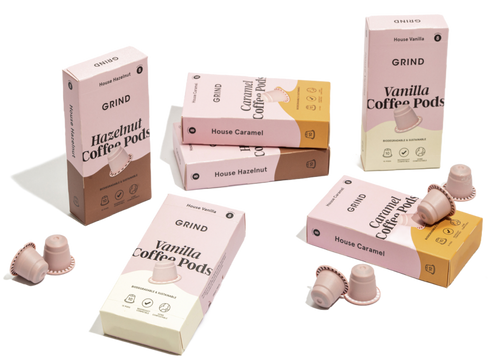



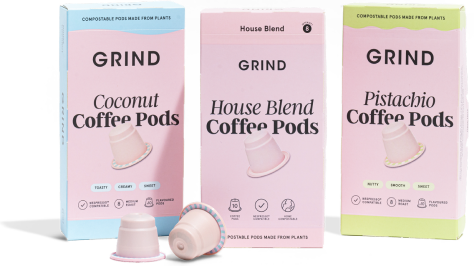

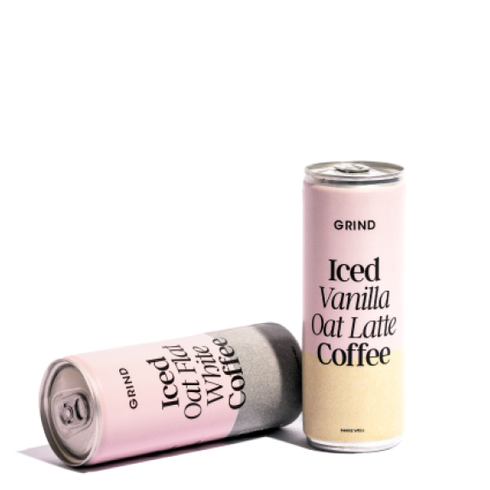






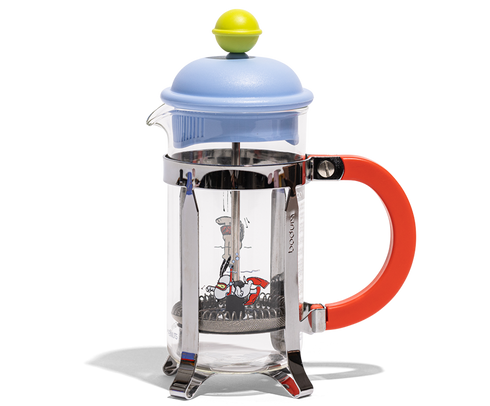















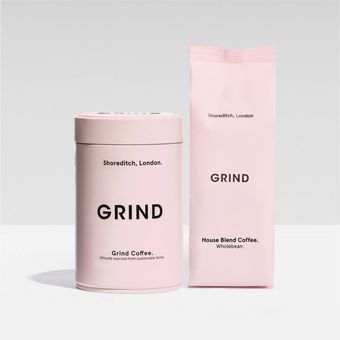
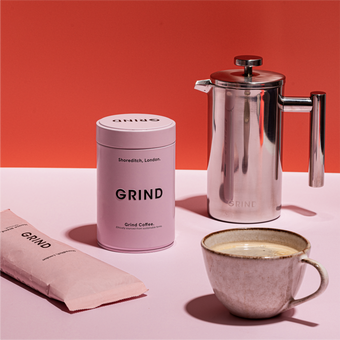



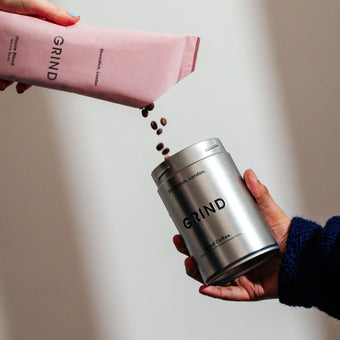
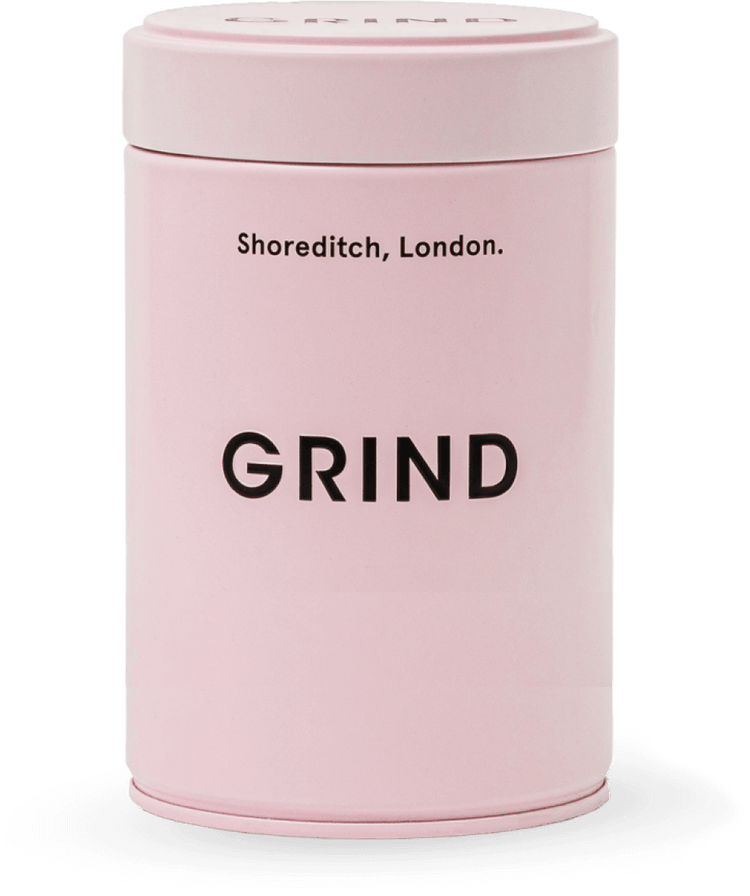
Comments